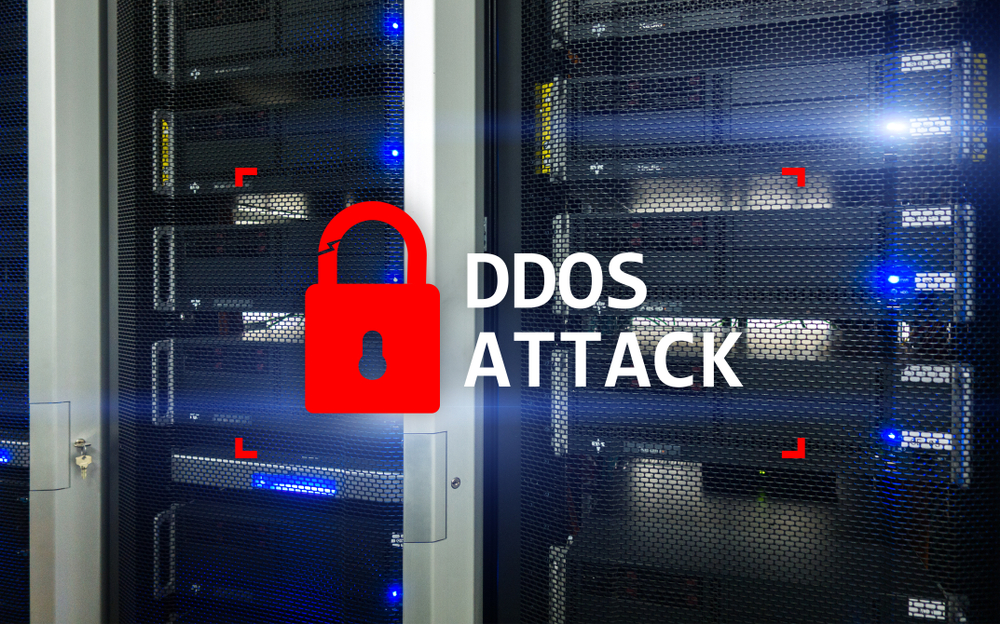In the second quarter of 2023, the digital landscape witnessed a significant increase in Distributed Denial of Service (DDoS) attacks, with many security experts attributing this surge to Pro-Russian hacktivist groups. These cyberattacks have raised concerns about the state of online security and highlight the growing threats posed by hacktivist organizations with political motives.
Understanding DDoS Attacks
DDoS attacks are a type of cyber offensive where the attacker floods a target website or online service with an overwhelming amount of traffic, rendering it inaccessible to legitimate users. The goal of such attacks is to disrupt the target's operations and cause economic or reputational damage.
DDoS attacks come in various forms, but one common technique involves using a botnet – a network of compromised computers – to execute the attack. The traffic generated by the botnet overwhelms the target's servers, making it incapable of handling legitimate requests from users.
The Role of Pro-Russian Hacktivists
Hacktivists are individuals or groups of hackers who engage in cyber activities to promote political or social causes. Pro-Russian hacktivist groups, in particular, have gained notoriety for their involvement in cyber operations that support Russia's political agenda or target adversaries of the Russian government.
The recent surge in DDoS attacks has been linked to these Pro-Russian hacktivist groups, indicating a shift in their tactics towards more aggressive cyber actions. While the precise motives behind each attack may vary, some experts believe that these groups aim to destabilize and undermine the digital infrastructure of countries or organizations that they perceive as hostile to Russian interests.
Targets of the DDoS Attacks
Pro-Russian hacktivists have targeted a wide range of entities during this surge of DDoS attacks. Government agencies, financial institutions, media outlets, and critical infrastructure have all fallen victim to these cyber onslaughts. The attacks are often accompanied by political messages or ransom demands, adding a layer of complexity to the already concerning situation.
Implications for Cybersecurity
The upsurge in DDoS attacks carried out by Pro-Russian hacktivist groups highlights the need for robust and adaptive cybersecurity measures. Traditional defenses, such as firewalls and intrusion detection systems, may not be sufficient to withstand the scale and sophistication of these attacks.
Organizations and governments must invest in cutting-edge cybersecurity technologies, including AI-driven threat detection systems and traffic filtering mechanisms. Additionally, fostering international cooperation among countries to combat cyber threats becomes crucial to mitigate the impact of hacktivist attacks with geopolitical motivations.
Conclusion
The Q2 surge in DDoS attacks attributed to Pro-Russian hacktivist groups is a stark reminder of the evolving landscape of cyber warfare. These attacks pose significant risks to national security, economic stability, and digital infrastructure worldwide. As the threat landscape continues to evolve, it becomes imperative for organizations and governments to stay vigilant, invest in advanced cybersecurity solutions, and collaborate to safeguard against these malicious actors.
Stay secure, stay informed!

Comments
Post a Comment